Artificial Intelligence (AI) has made significant strides in recent years, infiltrating various sectors, including healthcare and wellness. In Australia, where mental health services are in high demand, there's growing curiosity about whether AI therapists could eventually replace human counselors. This exploration delves into the potential of AI in therapy, examining its advantages, limitations, and the implications for the Australian wellness industry.
AI in Therapy: A New Frontier?
Australia's mental health landscape is evolving, with increasing emphasis on accessibility and efficiency. The Australian Bureau of Statistics (ABS) indicates that one in five Australians experiences mental health challenges annually, underscoring the need for robust support systems. AI-driven therapy platforms, such as chatbots and virtual counselors, promise to bridge gaps in traditional services by offering immediate, 24/7 support.
Globally, AI therapy tools have demonstrated promising results. For instance, Woebot, an AI-driven mental health chatbot, utilizes cognitive-behavioral therapy (CBT) principles to interact with users, providing support and tracking mood changes. Studies show Woebot can effectively reduce symptoms of anxiety and depression, offering a glimpse into AI's potential role in mental health care.
Pros and Cons of AI Therapists
Pros:
- Accessibility: AI therapists can provide cost-effective and immediate support, crucial in remote or underserved areas.
- Consistency: AI programs offer consistent responses and can be accessed at any time, unlike human counselors with limited availability.
- Data-Driven Insights: AI can analyze user data to tailor interactions and monitor progress over time, offering personalized treatment plans.
Cons:
- Emotional Depth: AI lacks the emotional intelligence and empathy that human counselors provide, potentially limiting its effectiveness in complex cases.
- Privacy Concerns: Handling sensitive data requires robust security measures, raising concerns about data breaches and confidentiality.
- Regulatory Challenges: The integration of AI in mental health services demands clear guidelines, which are still evolving in Australia.
Case Study: Beyond Blue and AI Integration
Beyond Blue, an Australian mental health organization, has been at the forefront of integrating AI into its support services. By partnering with tech firms, Beyond Blue developed an AI chatbot to complement its existing helpline, providing users with immediate assistance and resources.
Problem:
Beyond Blue faced challenges in meeting the demand for mental health support, especially during peak times. Traditional helplines were overwhelmed, leading to longer waiting times and missed calls.
Action:
The organization implemented an AI chatbot capable of handling common inquiries and providing initial support. The chatbot was designed to triage users, directing them to appropriate resources or human counselors as needed.
Result:
- Call wait times reduced by 30%.
- User satisfaction scores increased by 20%.
- Cost savings allowed Beyond Blue to allocate more resources to specialized human counseling services.
Takeaway:
This case study underscores the potential of AI to enhance mental health services by improving efficiency and accessibility. As AI technology continues to evolve, its role in complementing human counselors will likely expand.
Regulatory Considerations in Australia
The Australian Competition & Consumer Commission (ACCC) and Australian Prudential Regulation Authority (APRA) play crucial roles in regulating AI's use in mental health services. Ensuring that AI platforms comply with privacy laws and data protection standards is paramount. As these technologies advance, regulatory bodies must adapt to address new ethical and legal challenges, safeguarding user data and maintaining public trust.
Common Myths About AI Therapists
Despite its potential, misconceptions about AI in therapy persist. Let's debunk a few:
Myth: "AI therapists can fully replace human counselors."
Reality: While AI can support and enhance mental health services, it cannot replicate the nuanced human connection essential in therapy.
Myth: "AI is infallible and always unbiased."
Reality: AI systems can inherit biases from their training data, underscoring the need for careful oversight and continuous improvement.
Myth: "AI therapy is only for tech-savvy individuals."
Reality: User-friendly interfaces and widespread smartphone access make AI therapy accessible to a broad demographic.
Future of AI in Australian Mental Health
Looking ahead, the integration of AI in mental health services in Australia is poised to deepen. According to a report by Deloitte, AI in healthcare is projected to grow by 40% over the next five years, driven by innovations in machine learning and natural language processing. As these technologies advance, AI's role in mental health support will likely expand, offering new possibilities for personalized care and early intervention.
Conclusion
The question of whether AI therapists will replace human counselors in Australia is complex. While AI offers exciting possibilities for enhancing mental health services, it is unlikely to fully replace the human touch essential in therapy. Instead, AI and human counselors will coexist, each playing a vital role in a comprehensive mental health care system. As the industry evolves, staying informed about technological advancements and regulatory developments will be crucial for wellness professionals in Australia.
People Also Ask
How does AI impact mental health services in Australia? AI enhances accessibility and efficiency, reducing wait times and providing immediate support, particularly in remote areas.
What are the biggest misconceptions about AI in therapy? Many believe AI can replace human counselors, but it serves as a complementary tool, enhancing rather than replacing human interaction.
What future changes could affect AI therapy in Australia? Regulatory updates and technological advancements will shape AI's role, requiring ongoing adaptation by wellness professionals.
Related Search Queries
- AI therapy vs human therapy
- AI in mental health Australia
- Future of therapy in Australia
- AI mental health tools
- Ethics of AI in therapy
- AI counseling apps Australia
- AI and mental health statistics
- Regulations for AI in healthcare Australia
- AI impact on wellness industry
- AI chatbot therapy Australia






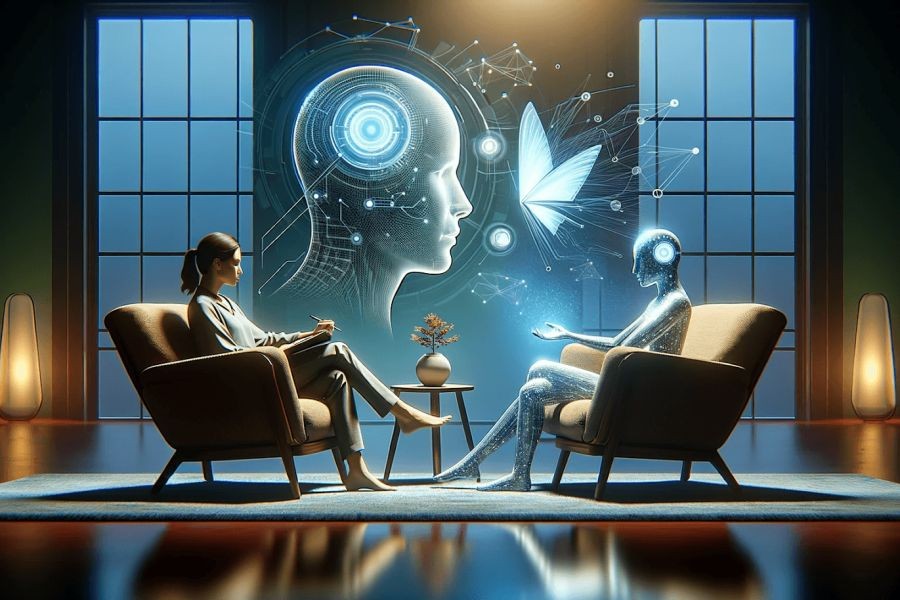

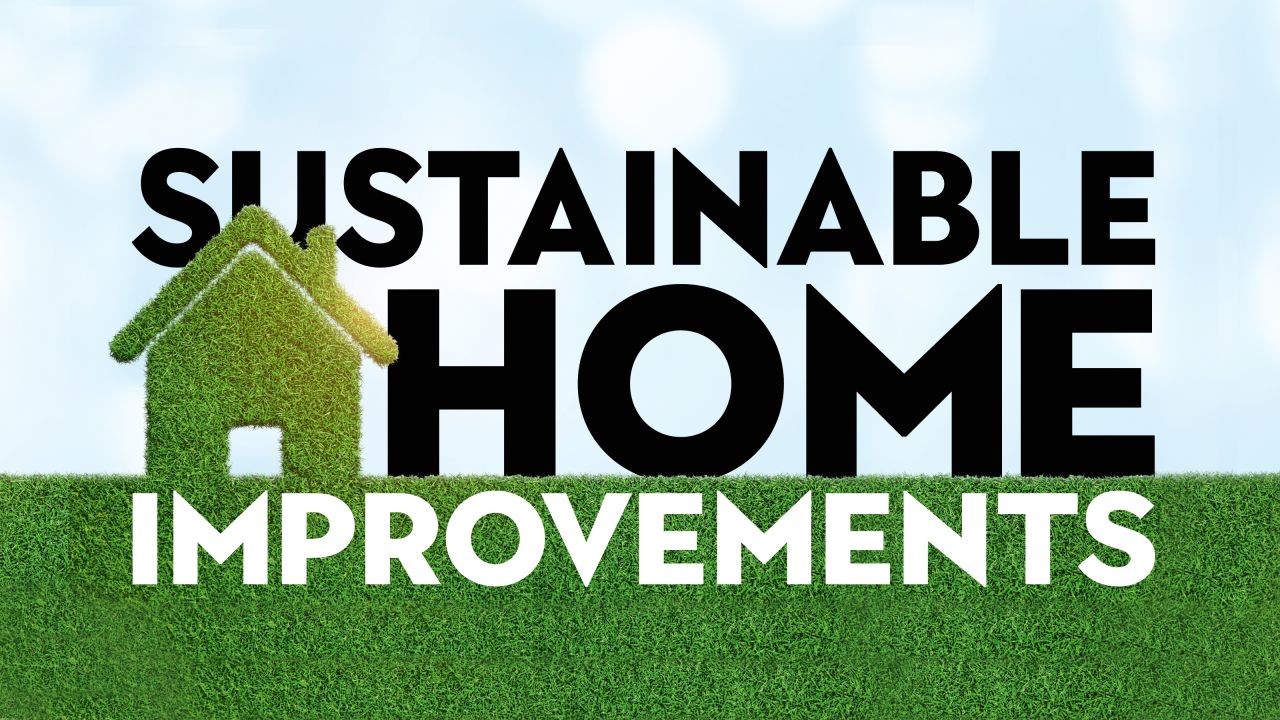
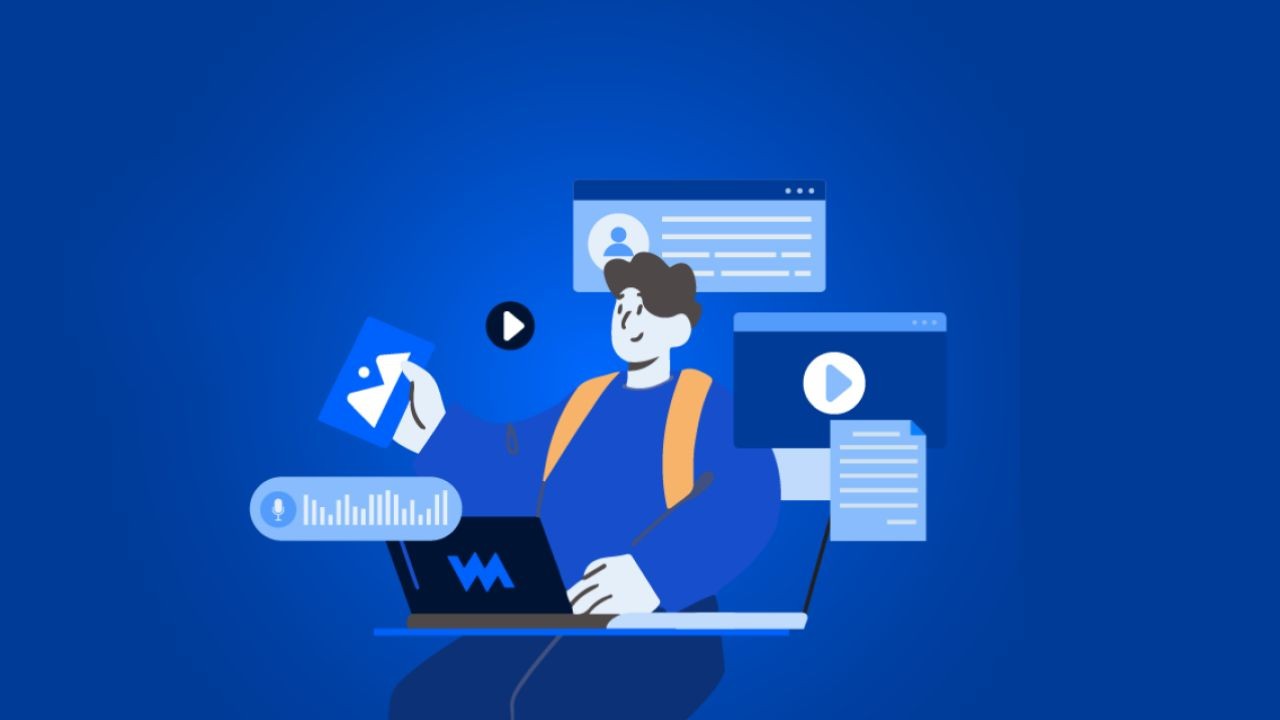
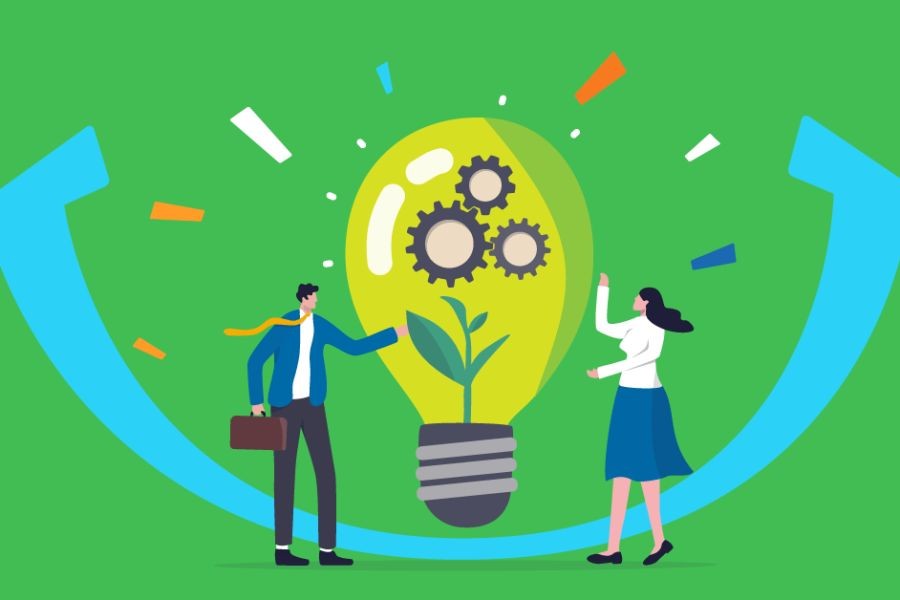



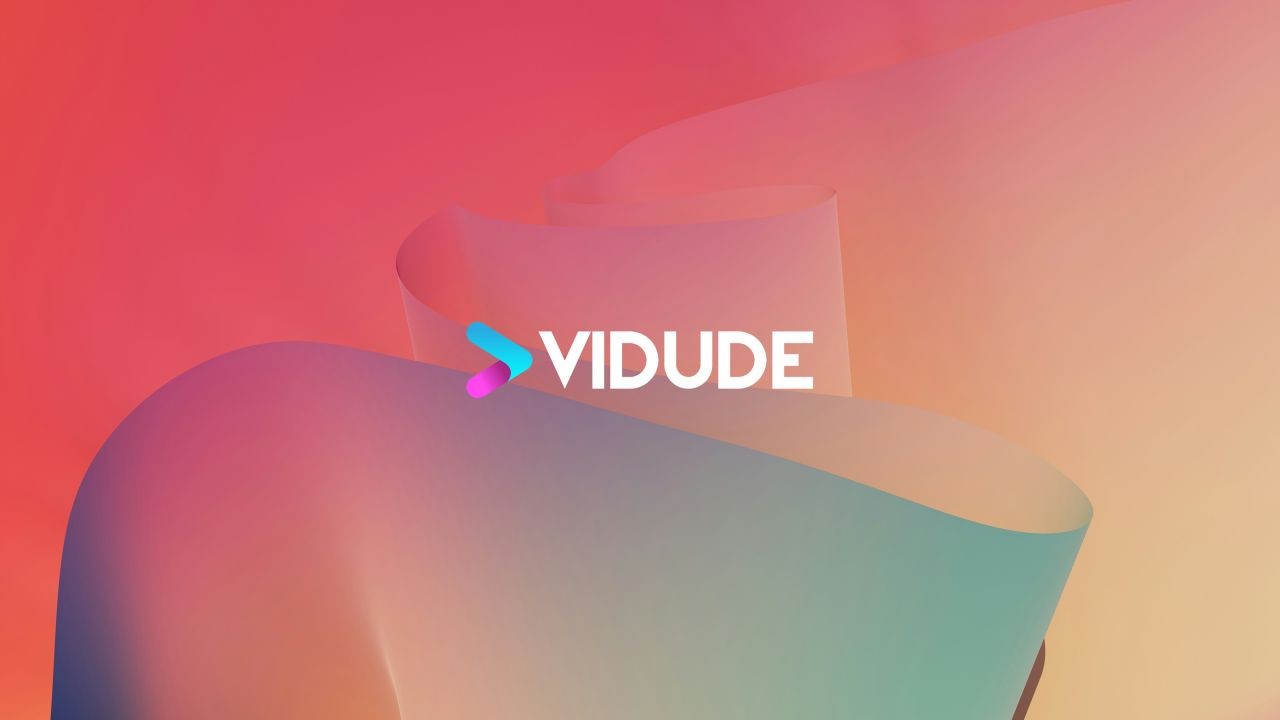
















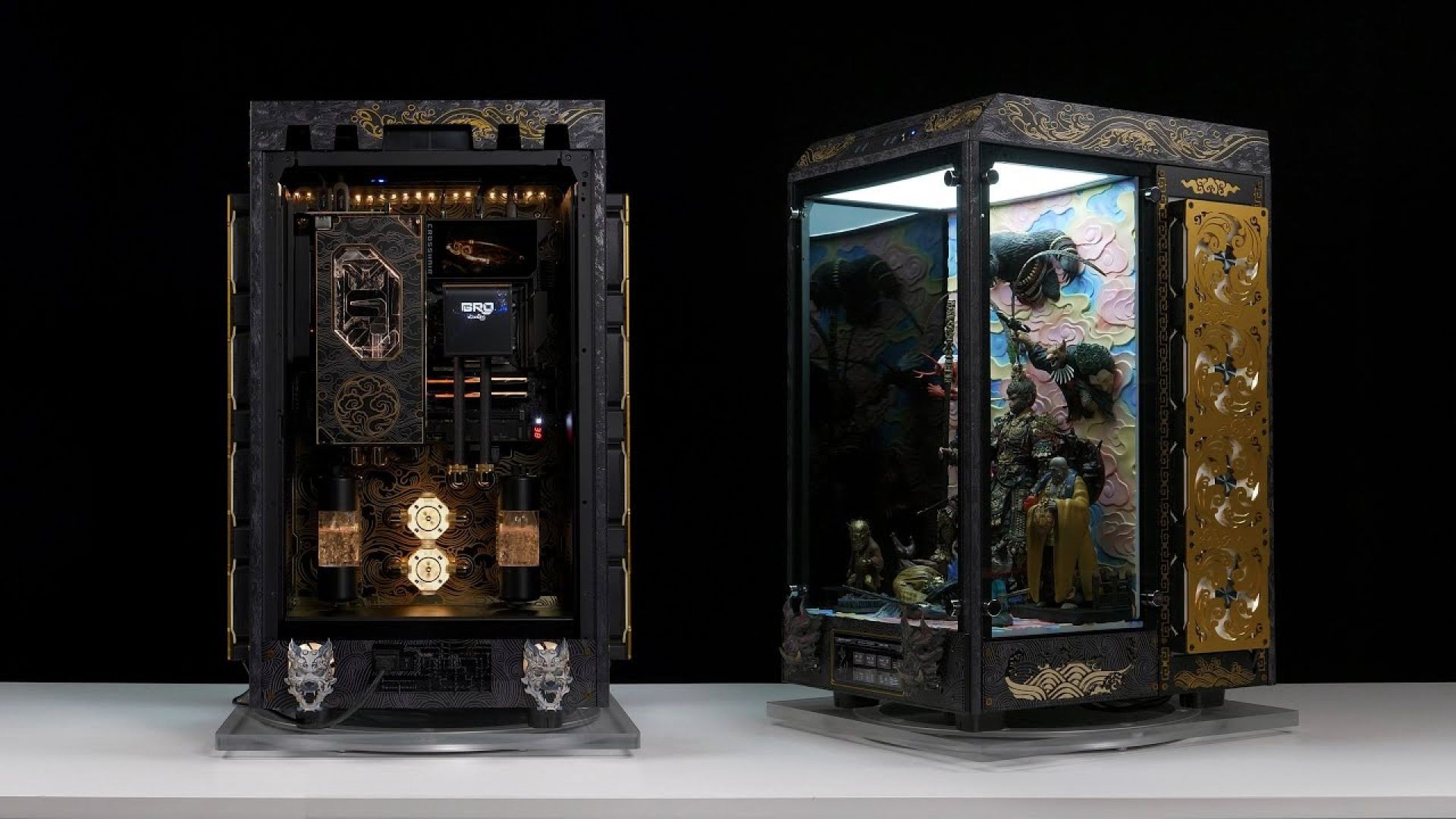
CurtisNorr
7 months ago